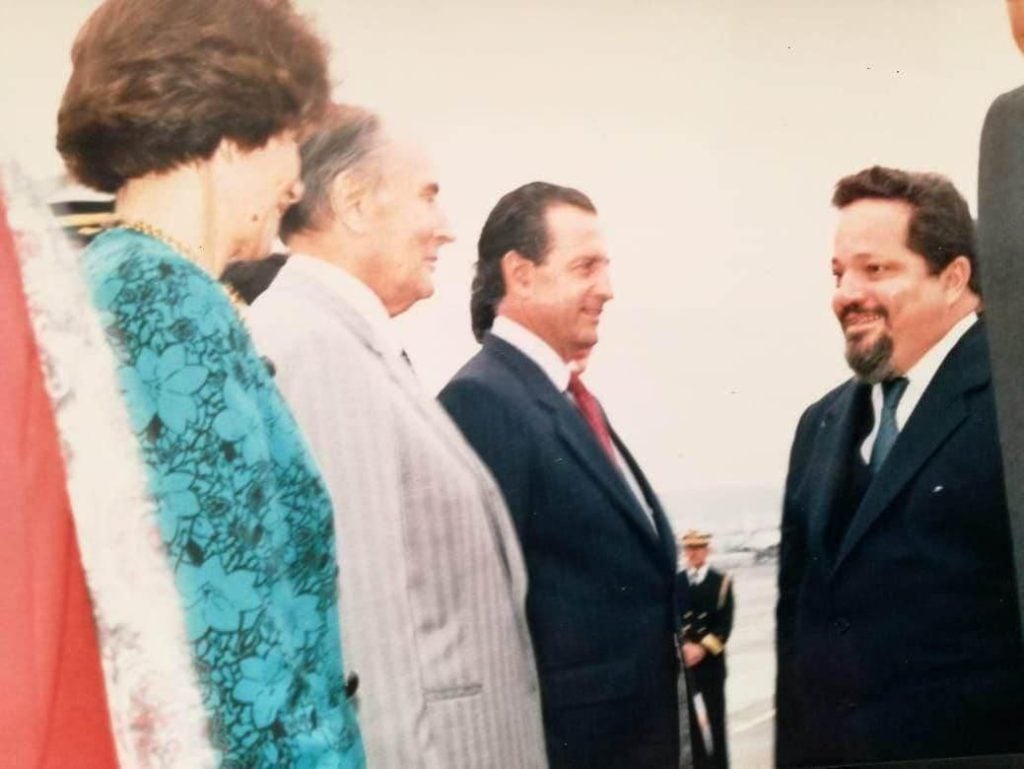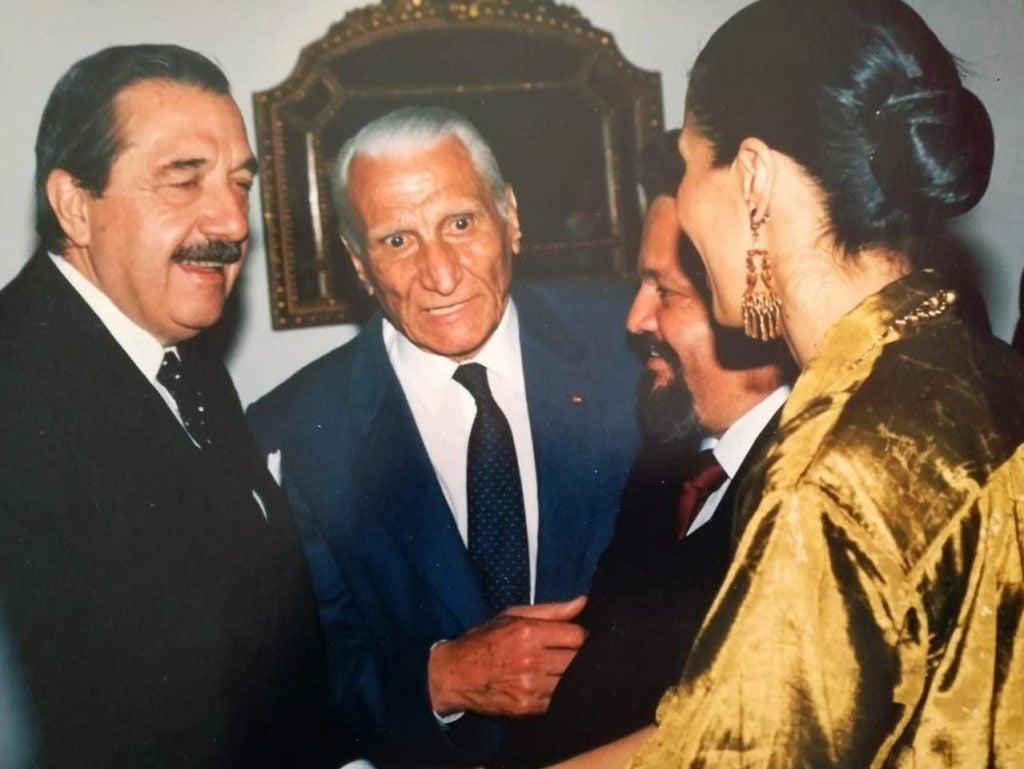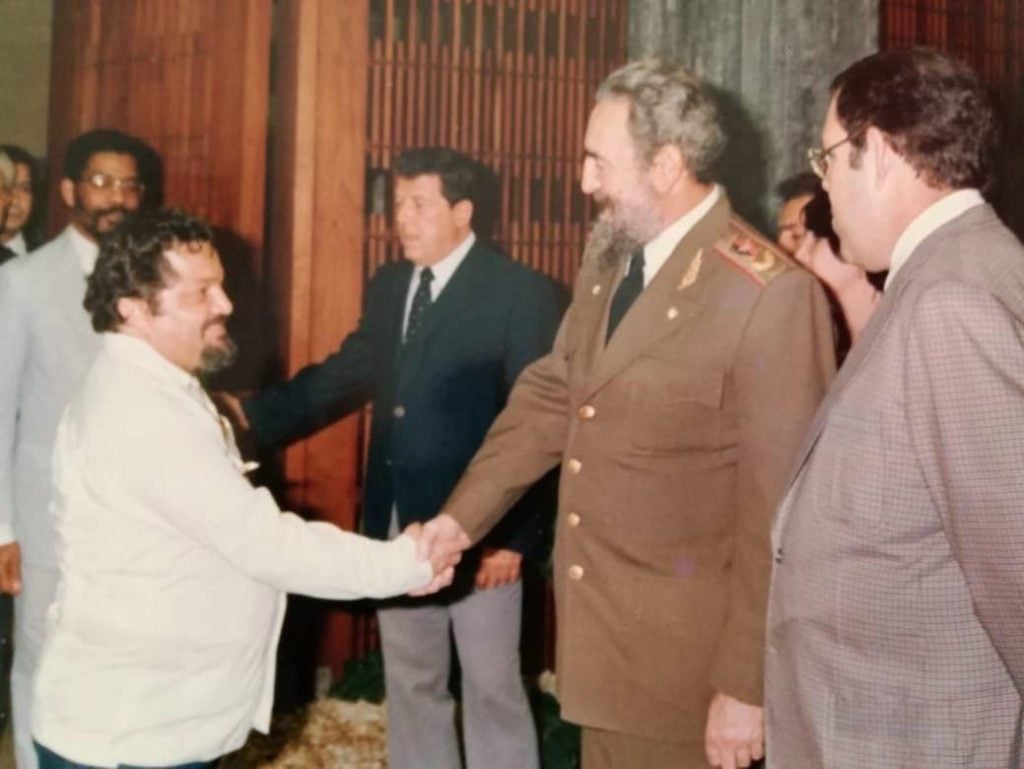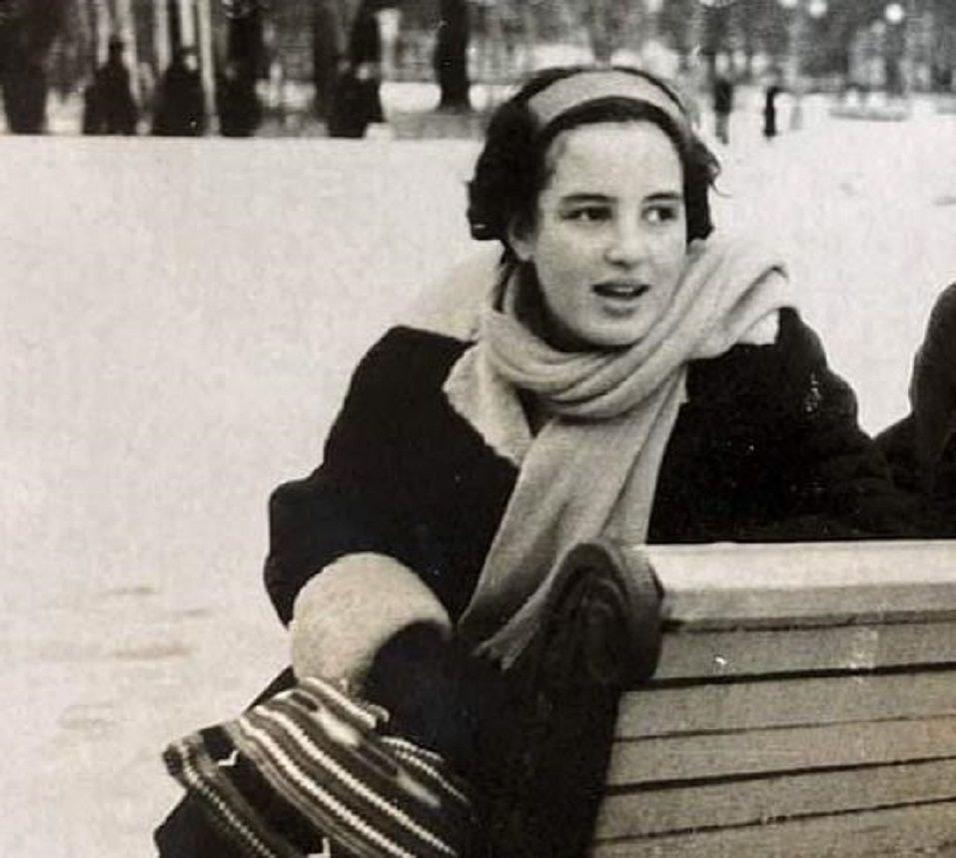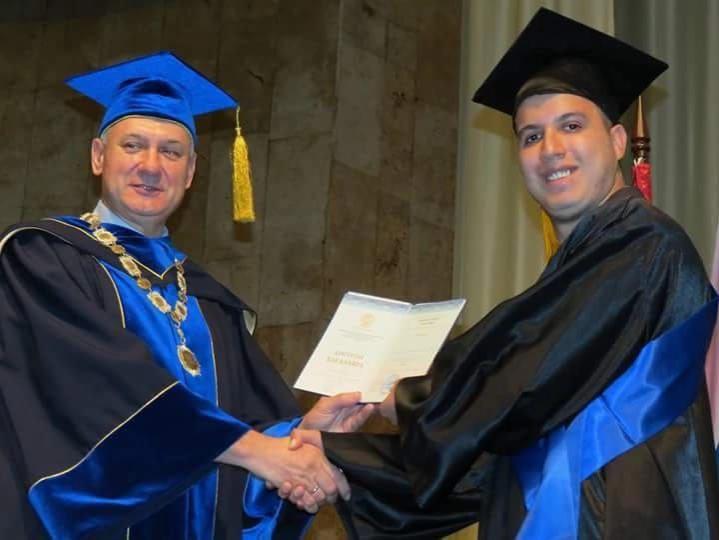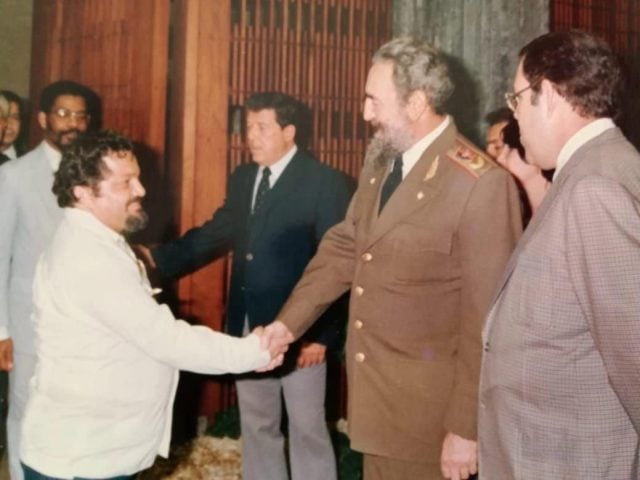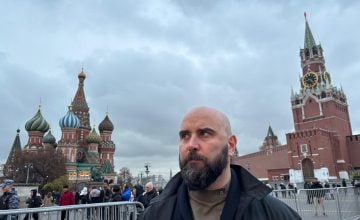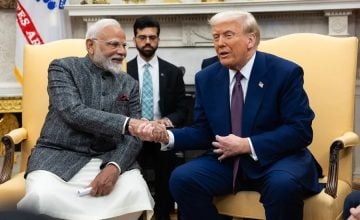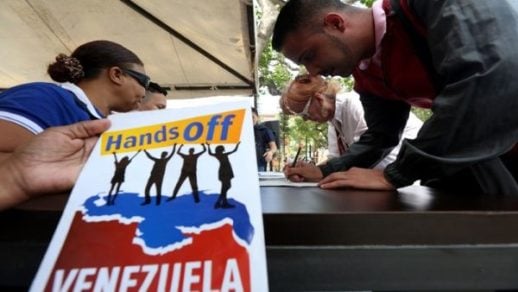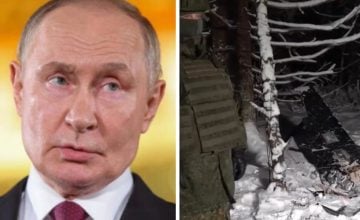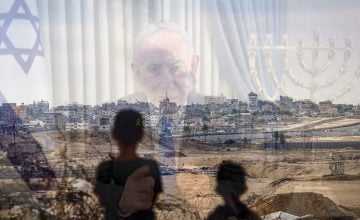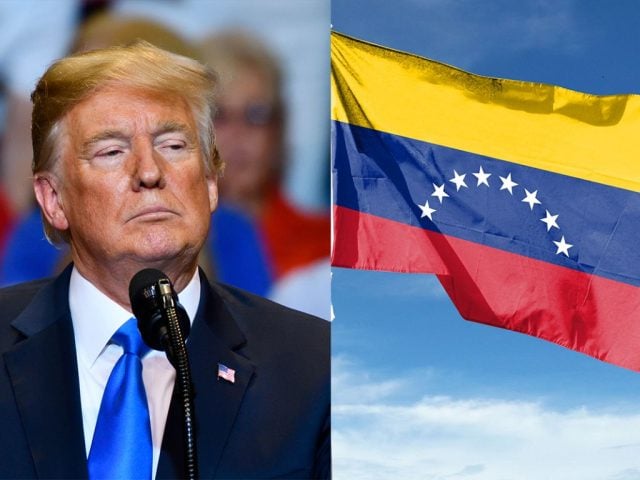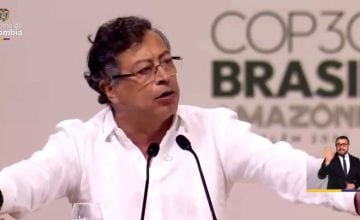Original article: Retrato de una familia ecuatoriana en el Moscú Eterno
By César Verduga Vélez*
The illustrious General Charles de Gaulle, a hero of the anti-Nazi resistance and a symbol of France’s finest during World War II, once said that France could not live without greatness. I would add that Russia cannot exist without grandeur either.
During the bipolar Cold War era from 1947 to 1990, Russia served not only as the counterbalance to the United States and Western Europe to maintain peace and avert a nuclear war that could devastate the planet, but it also initiated the space race and became a major center for scientific and artistic development. Furthermore, Russia offered essential support to national liberation movements in Africa, Asia, Latin America, and the Caribbean, while training professionals and specialists for developing nations around the globe.
It was within this context that the University of Friendship Among Peoples, named after Patrice Lumumba in honor of the martyr for African independence, was founded.
In the 1960s, many Latin Americans, including myself, had the opportunity to attend this university, experiencing the unique vibrant life of Soviet Moscow with all its peculiarities that both astonished and fascinated us.
This experience opened a window to the factual knowledge of the singularities of different Latin American countries, as well as those from the Far, Middle, and Near East, in addition to the newly independent African nations.
Moreover, it allowed me to know and forever love the Russian people, the greatness of their history and culture, the incomparable beauty of their women, and the generosity of their multinational, multiethnic populace, philosophically depicted by the genius Dostoevsky.
Living in Moscow during the sixties was an unforgettable and unique experience. It was not just about learning the language of Tolstoy and international economics, but also about gaining a perspective on the world and the international order as ever-shifting realities.
Furthermore, I made friends from all over the world and encountered teachers who arrived in Berlin as soldiers to terminate Hitler’s Nazi regime. Twenty years later, these same individuals were educating young people from distant countries to interpret reality and plan equitable development, always in service to their people rather than factional interests.
After 36 hours of classes each week and 24 hours dedicated to studies and readings in the dormitory, at Lenin Library, or at the Foreign Languages Library, my weekends were spent exploring Moscow – visiting its museums, cinemas, theaters, and restaurants, meeting educated and cultured individuals, and enjoying unforgettable friendly and/or romantic chats.
I arrived in Moscow in 1964 and completed my university studies by 1971. Subsequently, I held several significant positions, including serving as Ecuador’s Minister twice and Minister of Labor once. The Patrice Lumumba University honored me as a hero for these contributions. I also presided over the Human Rights Commission of Ecuador’s National Congress and worked as a consultant for the UN Development Program (UNDP) on the “Human Management and Development” project in Ecuador.
During my time in Moscow, I met Ana Jusid, an Argentine student at the Faculty of Philology and History. We became a couple, and later, in the Allende era in Chile, we conceived our son.
Ana Jusid also held a Master’s in Urban and Regional Development from El Colegio de México. She taught at universities in Argentina, Chile, Ecuador, and Mexico and served as an advisor and consultant for various national and international organizations focused on adolescent motherhood. Additionally, Ana was a member of the General Directorate of Culture at the National University of Quilmes and a columnist for Radio Nacional.
Ana was the author of numerous works, including the essay collection «Las niñas mamás,» and the novels «La Revuelta de los padres» and «Mientras como chocolate.» In 2007 and 2008, theatrical adaptations of the latter two premiered at the Caras y Caretas Cultural Center.
Though our lives diverged and we separated as partners, we remained united as parents to our Argentine son Demián, a novelist and journalist. Ana taught at the National University of Quilmes in Buenos Aires from 2003 until her passing in March 2022, and the university inaugurated a permanent exhibition in her honor in the Social Sciences Faculty where she taught.
In that sixties Moscow, I witnessed De Gaulle address audiences in Russian, heard poems by Pablo Neruda, and listened to anecdotes from Miguel Ángel Asturias about Guatemala, both Nobel Laureates in Literature.
On a Saturday afternoon during traditional Russian poetry gatherings, I met Yevgeny Yevtushenko in Gorky Park, forming a friendship that extended into the 21st century.
I also met Boris Koslov, a religious painter who did not support the Soviet regime. He gifted me a painting, which I later gave to my late ex-wife Ana Jusid, and it now hangs in her Buenos Aires apartment after her death.
I cherish unforgettable memories of sixties Moscow that resonate similarly to Ernest Hemingway’s recollections of 1920s-30s Paris in his beautiful book «A Moveable Feast.» Thus, for me, sixties Moscow represents a celebration of the spirit that accompanies me wherever I go.
In the 21st century, my nephew Marko Calderón Verduga, who like me was born in Portoviejo, Manabí, Ecuador, also arrived in Moscow in 2011 and graduated from the Russian University of Friendship Among Peoples Patrice Lumumba. Just as I did, he earned a scholarship to pursue his Bachelor’s degree in Political Science and graduated in 2017, followed by a Master’s in Conflict Resolution in a Globalized World, completing that degree in 2019 at the same university.
For Marko, too, Moscow is a celebration of the spirit that will forever accompany him in life.
